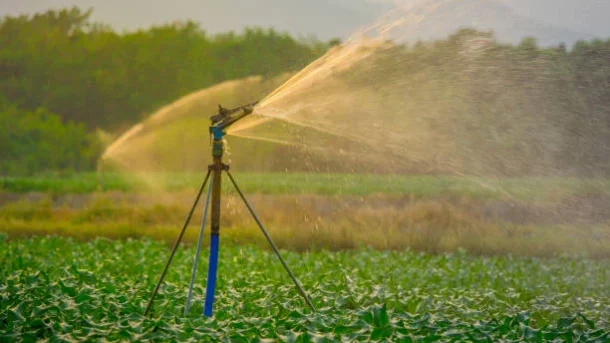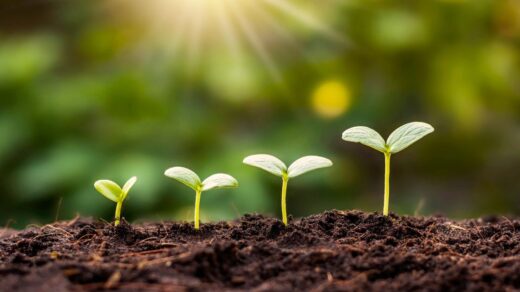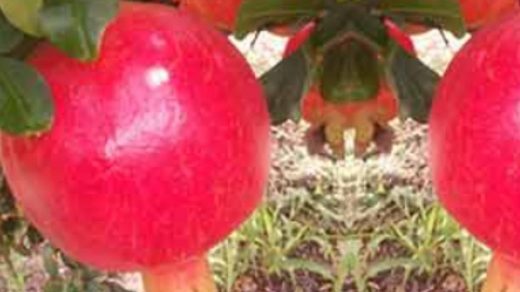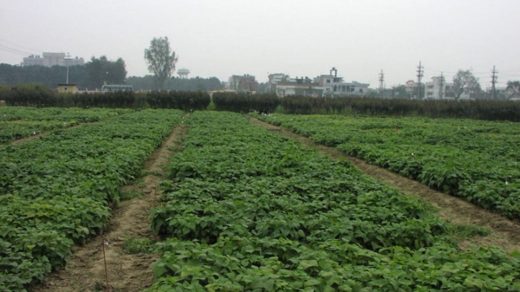By precisely and carefully directing water to crops, precision irrigation technologies are essential for maximizing water use in agriculture. Here are some ways that precise irrigation systems can help reduce water waste:
Application of water precisely: Precision irrigation techniques, including drip irrigation or micro-irrigation, distribute water to plants’ roots in a controlled and strategic way. By ensuring that water is only applied where it is necessary, water loss due to evaporation, runoff, or unnecessarily watering non-crop areas is reduced.
Controlling the timing and amount of water given to crops is possible with the help of precision irrigation systems. Depending on the needs of the plants, the climate, and the moisture content of the soil, farmers might modify irrigation schedules.
Uniform water distribution: Precision irrigation systems are made to distribute water evenly across the field. By ensuring that each plant receives an even flow of water, this helps to avoid under- or overwatering. The risk of plant stress or decreased production due to water shortages or excesses is decreased by uniform water distribution, which also encourages more effective water usage.
Reduced water loss: Runoff and evaporation are kept to a minimum using precision irrigation systems. In contrast to overhead sprinkler irrigation, drip irrigation, for instance, delivers water directly to the soil surface or through underground pipes, reducing evaporation. Water use efficiency is increased since less water is lost and more water is delivered to the root zone.



